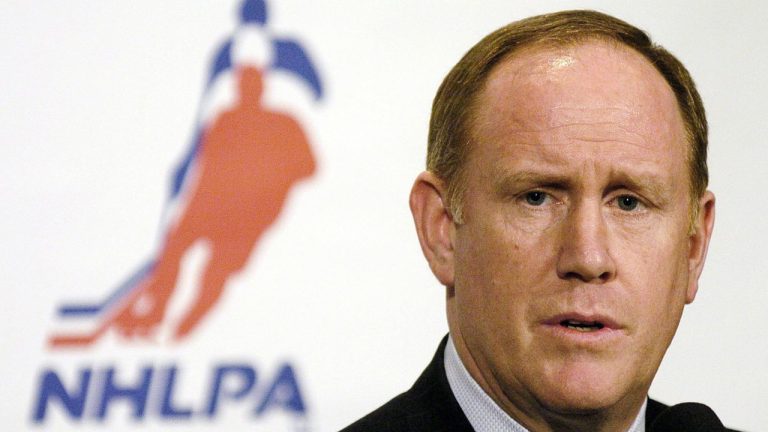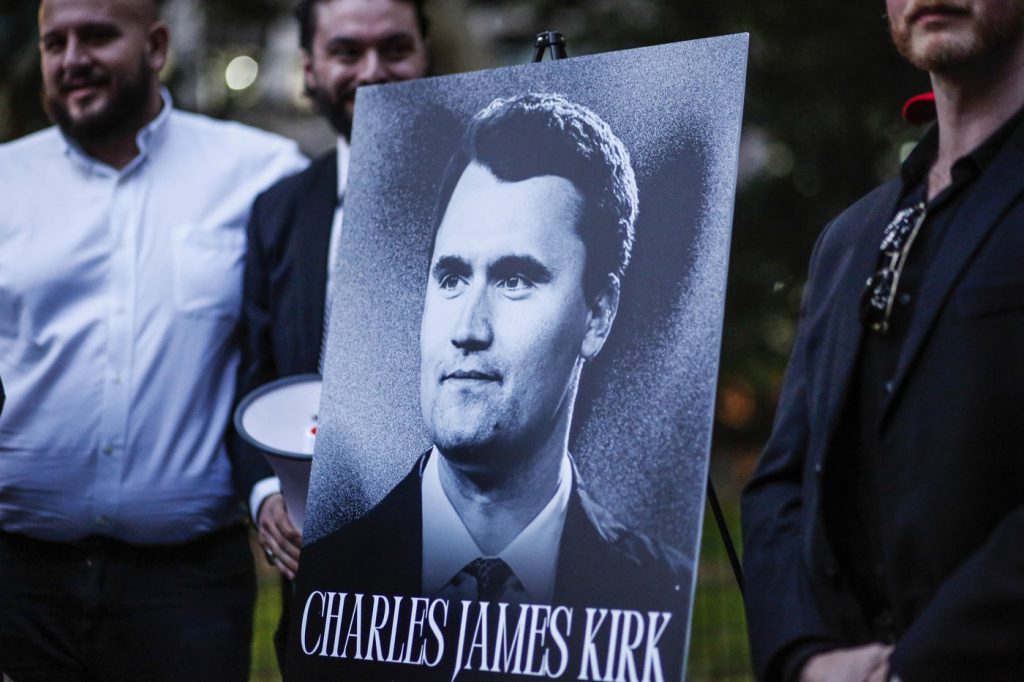One of hockey’s most influential figures, Bob Goodenow, passed away on Saturday at the age of 72. The NHL Players' Association (NHLPA) announced his death, mourning the loss of a leader who had a significant impact on the sport over the past several decades.
Goodenow served as the NHLPA executive director for 13 years, from 1992 until 2005. His leadership was especially noted during the challenging times of the 2004-05 lockout, which ultimately resulted in significant changes to the league's financial structure. The resolution on July 13, 2005, included the establishment of a salary cap, a salary floor, and a collective agreement guaranteeing that players would receive 54 percent of total NHL revenues.
Despite these accomplishments, shortly after the lockout was resolved, Goodenow was asked to step down from his position and was succeeded by Ted Saskin. His departure marked a shift in leadership, yet his legacy continued through the changes he initiated during his tenure.
A native of Dearborn, Michigan, Goodenow first joined the NHLPA in 1990 as the deputy executive director before ascending to the top role. His early actions included leading a 10-day strike in 1992, right before the Stanley Cup Playoffs. This strike was pivotal in negotiating higher playoff bonuses, reforms in free agency, and expanded licensing options for the players.
In addition to the notable strike in 1992, Goodenow was also at the forefront of the 1994-95 NHL lockout, which lasted 103 days and revolved around the players’ strong opposition to the introduction of a salary cap. These disputes underscored his tenacity and dedication to improving conditions for players within the league.
NHL Commissioner Gary Bettman expressed condolences in a statement, highlighting Goodenow's skills as an attorney and his relentless advocacy for the players. Bettman extended sympathies to Goodenow's wife, Wendy, their three children—Joe, Katharine, and Kerry—and his numerous friends and admirers within the hockey community.
Goodenow's contributions to hockey were not limited to his work off the ice. He was also a talented player, having captained Harvard's men’s hockey team during the mid-1970s and representing Team USA in the 1974 and 1975 World Championships. After his collegiate career, he played for the Flint Generals in the International Hockey League (IHL) before ultimately shifting his focus toward law. Goodenow attended the University of Detroit, where he graduated from law school in 1979.
The NHLPA reflected on Goodenow’s lasting influence in their statement, crediting him for establishing a foundation that has significantly improved the quality of life for thousands of players, both past and present. His legacy and impact on the game of hockey will be remembered for years to come.












